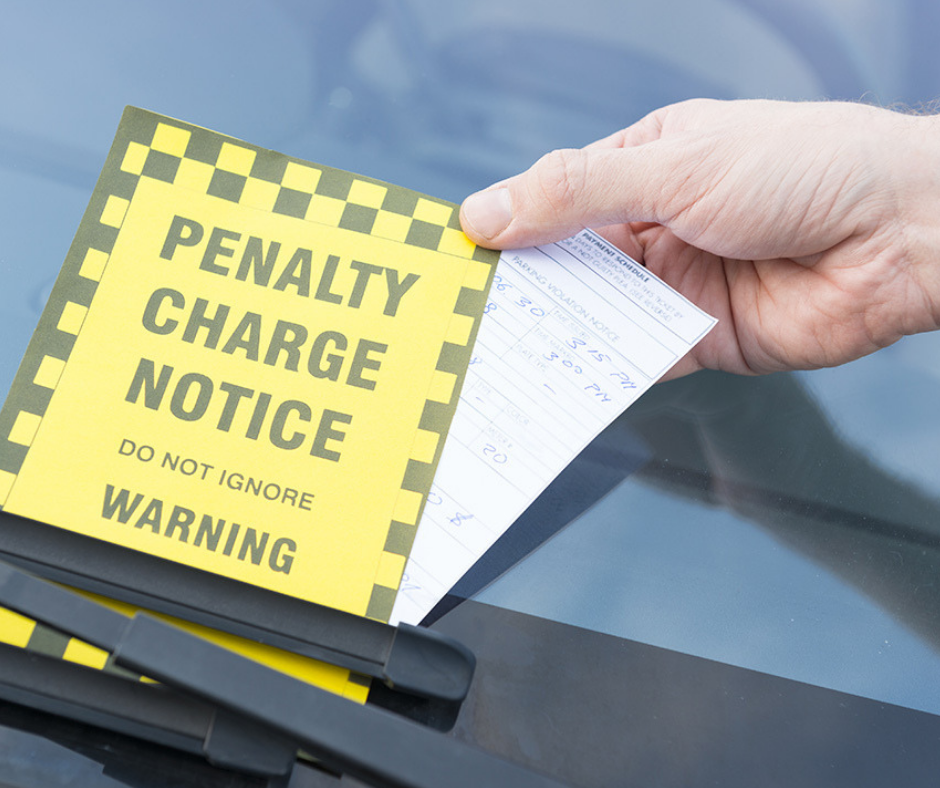New data reveals where you are most likely to land a fine and have a ticket cancelled in the UK.
What the data says about where you are most likely to get a speeding ticket
Finance provider Moneybarn has analysed UK government data to discover the hotspot for fines in the U.K.
According to Moneybarn’s data, motorists in Avon and Somerset received the largest number of fixed penalty notices for speeding with 199,337 issued last year. That is the equivalent to 548 tickets being issued every day. There are around 800 speed cameras in the area and also 3,000 police officers who can also issue fines for driving offences.
Following Avon and Somerset is West Yorkshire where 174,796 fixed penalty notices were issued last year. London Metropolitan is third place with 135,430 tickets fixed penalty notices being issued last year.

Where are you least likely to get a speeding ticket?
According to the data, police forces in Gwent are least likely to hand out fixed penalty notices with only 242 FPNs being issued last year. Gwent only has just eight active speed cameras, so there appears to be a correlation with the number of speed cameras present with the number of fines being issued. Following Gwent in the list of where you’re least likely to be given a fine are Dyfed–Powys Police who only issued 793 FPNs.
Where are you more likely to get fines cancelled?
The research also looked at where you were most likely to get a fine cancelled. City of London topped the list, with 63% of FPNs being cancelled. Police in Cambridgeshire, Greater Manchester, London Metropolitan and Bedfordshire complete the top five. North Wales police are least likely to cancel a fine, with just 1.29 per cent of fines void.

Reasons why fixed penalty notices may be cancelled:
The NIP has incorrect details about the nature, time or location of the alleged offence. (Spelling mistakes and typos don’t count)
The alleged speeder was not driving when the offence took place
Missing or incorrect road signage for speed limits
The speed measuring equipment had not been calibrated or was being misused
What Moneybarn has said of the findings
Tim Schwarz, Head of Marketing at Moneybarn, said of the findings: “The latest government data reveals interesting results for speeding offences across England and Wales, with a difference of nearly 200,000 FPNs between the highest and lowest regions.
“While the government introduced new speeding fines in 2017, it’s encouraging to see continued efforts to tackle speeding offences across the UK.
“The next step is to make speed limiting technology compulsory in all vehicles sold from 2022. If successful, this could potentially eradicate the need for FPNs altogether in the future.”

